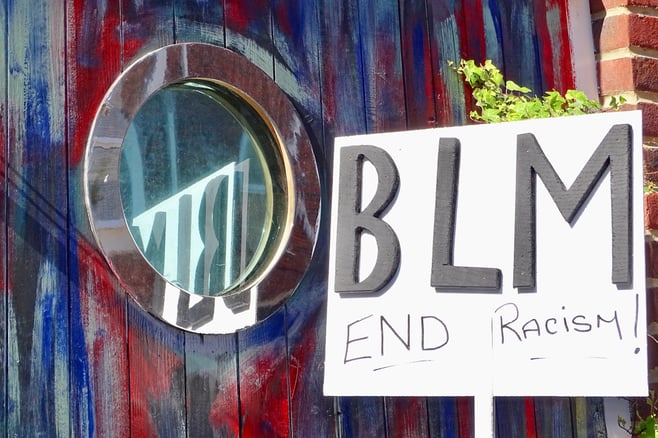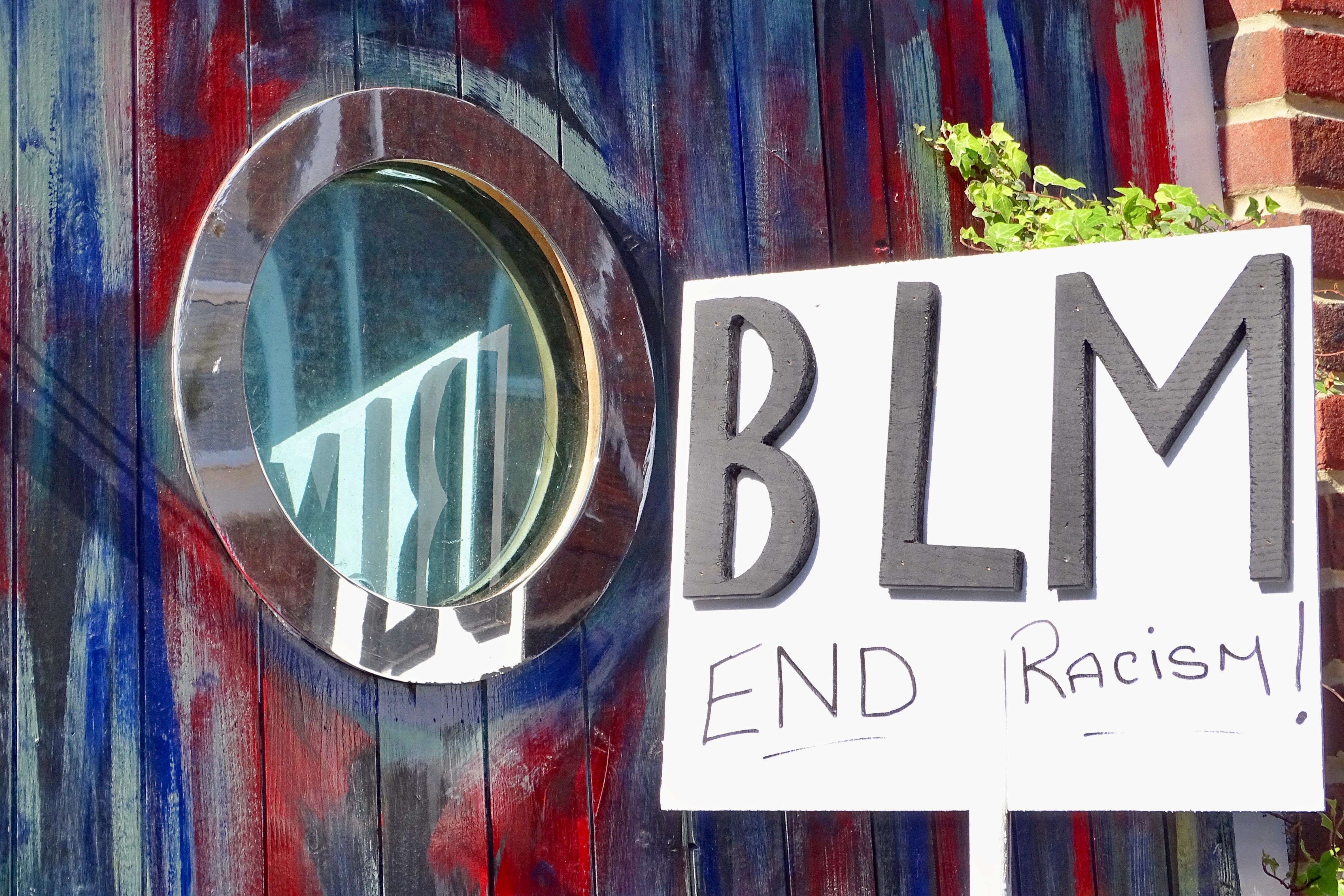Equity in Evaluation Series: Doing the Personal Work

Doing the Personal Work
by Laura Sundstrom
Do you struggle with incorporating equity into your work? If we had a roadmap for how to achieve equity, injustices would have been eradicated ages ago. Today, we are launching a series of posts about equity in evaluation. In this post, we start by exploring a personal journey and struggles with equity-focused evaluation and why it’s still critically important to do.
Enforcing Equity
What will it take to incorporate equity into our work? How can we do our part to ensure that evaluation is in service of equity? The team at Vantage Evaluation has been grappling with these questions for a while and continues to explore them on a daily basis. Our team knows that evaluation can be an instrument for change, used in service of a more equitable society, or as a tool to continue and exacerbate current and historical inequities, depending on its design and use.
Evaluation as a profession is steeped in power and inequities. Evaluation is all about determining the merit, worth, or value of something. The perspectives and biases that evaluators bring to this determination have a huge impact on the ultimate outcomes of an evaluative effort. This means that evaluators have an obligation to do the personal work to identify and actively address our biases. And this is not a “one and done” undertaking – it’s a constant and lifelong journey and commitment. It requires unlearning our deeply entrenched ways of doing and thinking and understanding our blind spots – what do we not even know that we don’t know?

Addressing White Culture
We live in a society where white is considered normal and the perspective that everything else is compared against. As someone who identifies as white, it’s easy, convenient, and comfortable for me to keep with the status quo. Why would I want to unlearn this conditioning that has served me so well personally and helped me get to where I am today? But the status quo isn’t working. It has created a society where people are actively oppressed because of who they are. Continuing with business as usual isn’t going to change anything – it created and upholds this unjust system.
Vantage’s understanding of equity is that it is both a process and an outcome – and that equity in evaluation requires us to look at equitable outcomes and equitable process in our clients and in our own practices. We deeply believe that if we make equity central to our evaluation work, we will contribute to a more equitable society where those who have historically been and are currently most impacted by inequities are the “owners, planners, and decision-makers in the systems that govern their lives” (Center for Social Inclusion/Race Forward). But we can’t just focus on that end goal – HOW we do our evaluation work and engage with our partners is just as important for equity-focused evaluation.
The Hard Work
Personally, it’s easier for me to think about equity as an outcome to achieve. We work with organizations and groups that are committed to creating a more equitable society – we share that vision. Incorporating equity into our processes is the one that requires my constant attention. My current focus (both personally and professionally) is to deepen my understanding and awareness of how I reinforce dominant cultural norms through my interactions with others, with the ultimate goal of changing my behavior to allow for different ways of thinking and approaching my work.
If the dominant (i.e., white) cultural norm is what everything is compared or measured against by our society, what does that mean for our evaluation work, especially when we are working with organizations and groups tackling complex social justice and equity issues facing our communities? Whose values, perspectives, and biases are embedded within the evaluation? Hint – it’s usually not the people that are most impacted by the inequities we are trying to address.
While this work starts with each person individually, you cannot do this work alone – you need to surround yourself with people who will push you to expand your thinking, call you out when you stumble, and have different perspectives than your own. I’ll be the first to admit that it is easy for me to push this work to the side, especially when I’m busy – it’s hard, it’s uncomfortable, it’s painful. And I’ll also acknowledge that I have immense privilege to be able to push this work to the side when I don’t want to think about it or it’s “too hard.” Having a team and network around me as a constant reminder of the importance of this work and pushing me to keep it front and center makes it a little bit easier. This network is also critical for incorporating perspectives different than my own – challenging me to question what I just assume to be right because it has been engrained through my cultural upbringing.
I am proud to work for a company like Prosono that expects us and gives us the space to do this personal work and holds each other accountable. We try new ways of furthering our commitment to equity in our evaluation work. We know we are not perfect and that we will stumble along the way. And we will continue to push ourselves (and our clients) to not stay comfortable with the status quo and keep our commitment to equity front and center. You can expect that the Vantage team will continue to expand our thinking and practice about what it means for evaluation to be in service of equity.
In the coming weeks and months, the Vantage team will share our reflections and learnings from our deepening practice with equity-focused evaluation. We will explore how – despite popular opinion – evaluation is not a neutral or objective activity. We will share some of the strategies we have used to incorporate equity into our evaluation work. What would you like to hear more about? How do you incorporate equity into your work?
